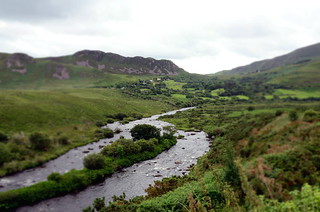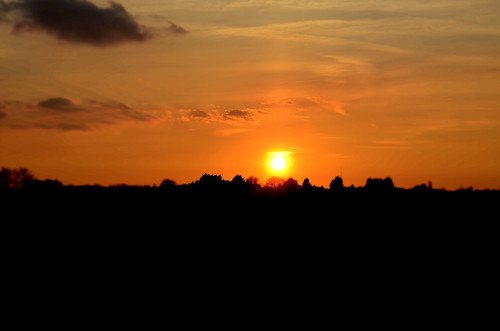Wisdom does not sit well in a capitalist landscape. Knee-jerk reactions and immature, short-term thought are paramount; youth is enshrined as highly desirable, essential; a youthful irresponsibility is intrinsic to our debt-ridden societies. Images of young adults are fed to us in shopping malls, through Internet advertising, televisions, smart phones, attempting to suspend maturity and graphically using young adults as sexual objects, hinting at the public's desirability if we buy in to the modes of current capitalist ideologies.
Advertiser's use of young adults as sexual objects defies both common-sense and morality in societies, such as the UK, where paedophilia has become a corruption at the very heart of our culture. A sense of irony can be suspended for a feeling of shock, as post-modern advertising and the perplexing miasma of information overload becomes, not just a burgeoning, global culture, but a faux-reality disassociating us from the necessity of the body, the self, the mind, heart-beat, pulse and breath that requires the suspension of doing/sensing to be experienced.
Stephen Hawking's recent rant about new technologies potentially causing the end of the human race, may seem a bit ridiculous coming from a brilliant, but rather flamboyant physicist, who seems to enjoy his courtship with the media. Nonetheless, he has a reasonable point and as Bill Gates has also joined Hawking by adding his, somewhat less severe warnings, I feel we should listen to these gifted individuals, particularly as Gates expertise was in IT. Notions of an imminent "the end of the world is nigh" scenario should be left to the global warming aficionados (who also have a point, if not an entirely convincing argument) and those who are nonchalant about the dangers of new technologies should also be dismissed as not seeing the wood for the trees. Caution is not only apt, but necessary.
Indeed, the purpose of being human is to experience humanness, to express our condition in our environment. This requires both self-expression and moderation, as is prescribed by others and by our environment. Our purpose is not to overtly limit ourselves by the results of our creativity, but to use our creativity to aid our full experience of being. When new technology impacts on our health, our well-being and even becomes frightening and dangerous to ourselves and/or our environment then we should take this to be a warning that we should slow down the pace of the development of new technology and take time to reflect on the impact of change. That, that we have created must sit well with our condition, or our condition and/or our environment may suffer.
Because our major, driving force is currently the acquisition of wealth we suffer from a blatant lack of maturity. I speak mainly of the West, but this is increasingly the case in Non-Western cultures. Moderation is key to wisdom and greed contradicts moderation. We inspire, to find energy, ideas, emotional direction, to live. We expire to complete the cycle of respiration; a petit morte, an end, a necessariness of mortality. Time is measured within the body, the rhythms of the heart-beat and the breath, the response of the senses to alterations in our environment as time passes in cycles. The Sun rising and setting, the Moon appearing then disappearing, moving through its cycle or phases and the stars patterning the falling of darkness or clouds passing overhead are all types of natural time measurement that we innately comprehend.
Indeed, we are made of the same matter that the stars, planets, galaxies and the earth are made of. Our connection to nature is not whimsy but fact. Of course, Human Beings are part of nature, despite our battles with nature and our necessariness to separate ourselves from nature. The body moves by its self. It is body awareness, rather than conscious thought that acts as a precursor to physical movement and therefore, an expression of intent/self. The body is not some alien concept, some animalistic entity within an artificial world. The body is intrinsically us, human.
As the great ball of fire in the sky, the Sun, sinks spherical and blazing beneath the horizon, one realises that reality is far stranger than fantasy. The brilliance of creative minds cannot conjure up something more bizarre than the Sun, the Earth tolerant to and abundant with life, the Universe stranger and larger than the human mind can comprehend. No "virtual worlds", new technologies or any other form of human creativity is as strange as this. In fact we are dependent upon and continually react with our reality of inhabiting the Earth. New "virtual" experiences or explorations of Outer Space should not be at the detriment of our health and well being; our natural physical and mental state of living on planet Earth. In our enthusiasm and, unfortunately, our greed human beings can overlook that, that is imperative to our existence. To ignore or devalue, to take for granted these essential truths would be foolish and potentially harmful to us. Furthermore, it would be unwise.


